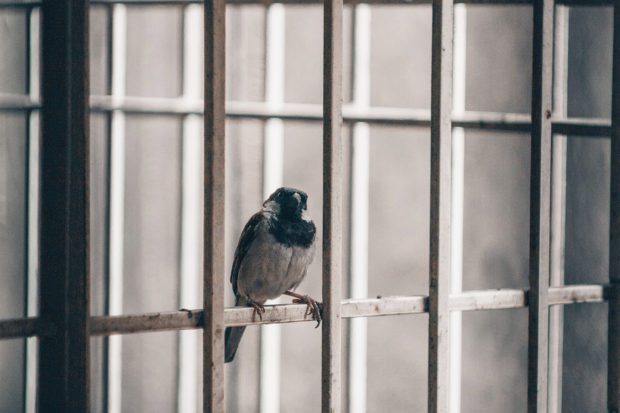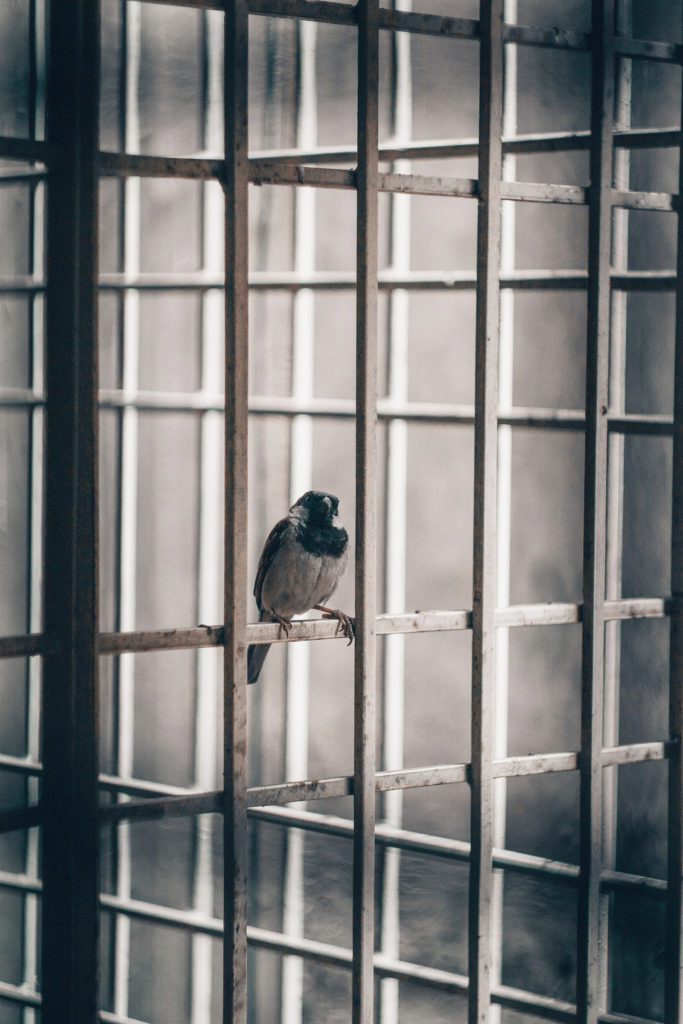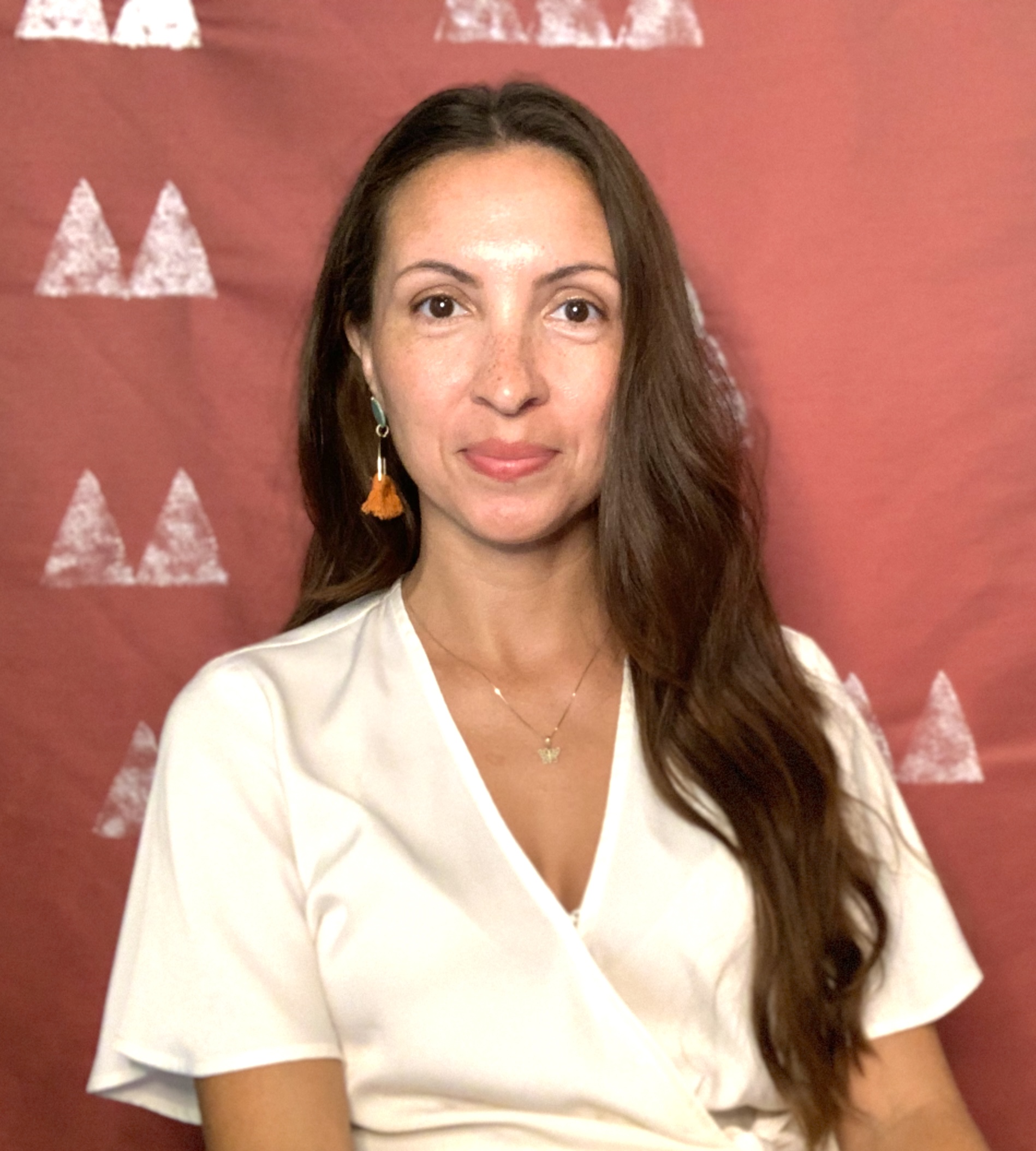
Exploring Punishment

By Morghan Vélez Young
(Editor’s note: “Exploring Punishment” is a new series about the U.S. fixation with punishment that will journey beyond explorations of jails and police killings. The threads that weave together the articles in this series include the American cultural obsession with punishment, the role of the legal system, the colonial agenda to harm BIPOC communities past and present and cross-cultural comparisons.
The four authors of this column serve professionally across niches interested in community transformation and safety, walking with direct knowledge of the American legal system. The authors stem from three regions of California and three heritage groups and have a commitment to amplify the power of community-based solutions.
Richard Cruz, based in the Bay Area, writes from his vantage point with community-based restorative and healing alternatives to conventional public safety practices.
Articles from Jaime Leyva, based in Central California, stem from his expertise in partnering directly with persons returning from incarceration.
Andrew Winn, based in Northern California, writes from his longtime work opening access points to education for persons behind bars and returning to the community.
Articles by Morghan Vélez Young, based in Central California, are informed by community, prison and academic service focused on alternatives to punishment.)
Decolonizing public safety is essential before creating collective safety. Our mainstream, popular American notion of what is referred to as “public safety” does not currently provide for collective safety. Our current notion is reflected in the facts surrounding established public safety practices such as the number of persons in American jails who are never convicted of a crime.
Filling jails does not create safety. Rather, this fuels myths that frame people in jail as threats to the community and positions the use of jails as a means to ensure public safety. Nearly three-quarters of a million people are in American jails each year, and 65%–74% are not convicted of any crime.
What safety is actually created by removing people from their workplaces and families while requiring them to navigate the institutional pressures on their private resources, humiliation and health? Who becomes safe with this public safety practice?
Furthermore, 1,021 persons were shot and killed by police in America in 2020. This aligns with the current concept of public safety in terms of using government employees to ensure this version of safety. Of those killed, 60 were unarmed, 60 had a toy weapon, 17 had unknown status as to a weapon, 175 had a knife, 53 had a vehicle identified as a weapon and 652 persons had a gun at the time of their death, whether or not that gun was a threat.
Are the persons killed now safer? Are their families safer? Are their neighbors safer? Who becomes newly safer from police killings?
About half the persons killed by police each year are White, yet there is a disproportionate number of Black and Latinos who die in this way. These numbers were historically hard to come by in the United States.
Accessing a reliable count of persons killed by police and demographic details illustrate how contemporary public safety practices are taken for granted as legitimate. Using death as an option to accomplish public safety, and especially the overrepresentation of BIPOC (Black, Indigenous, People of Color) deaths surrounding this practice, needs to be aired.
Discussing what it could look like to decolonize public safety can advance our insights on all that is encompassed by “public safety.” Decolonizing public safety can peel back layers of the American fixation with punishment.
Rather than creating collective safety, swelling jails, police killings and even lack of data about such are symptoms of the American fetish with punishment. To create a different vision, it’s important to debunk that public safety is about everyone’s safety.
Collective safety is an alternative, and we need community-driven policy revisions that are centered on the collective. That is, collective safety should be community-centered rather than institution-centered. The standards defining collective safety must reflect safety for all bodies, equally valuing all bodies, with the creativity to fashion decolonized practices.
In colonial settings, however, institutions are the means for establishing formalized and sanctioned activities, resource access and ethical codes. Take, for instance, institutions such as the DMV, hospitals and schools; these are not innate, universal and inevitable.
Societies like ours build formal institutions; the use of, and rhetoric around, institutions ensure that we feel their legitimacy and force. Their presence and that rhetoric create our shared amnesia and render institutions as timeless and inevitable.
However, those with indigenous insights and heritages that have been most harmed by the institutions can see the manufacturing of the institutions. Even trips to visit our families in diverse parts of the world allow us to have contrasting examples of the ways societies orchestrate formalized and sanctioned activities, resource access and ethical codes. Ultimately, an institution’s ethical codes are reflected in which human bodies are deemed appropriate for safety and which for punishment, neglect and so forth.
We might need to ask whether collective safety can exist in a colonial setting where the institutions devalue indigenous insights and heritages that have remained susceptible to the worst work of those institutions. Probably not.
Institutional structures such as schools, hospitals and police departments could carry forward and champion collective safety, but the colonial agendas of these institutions would have to first be dismantled.
Where can we look for examples that strengthen our curiosity? How might we accomplish collective safety? What could help us to see which possibilities exist or should exist for replacing the current public safety practices?
The earlier examples of swelling jails and killings by police officers do not reflect a chronic lack of safety for which contemporary public safety practices are the solution. In fact, fears of physical and property crimes have been shown in research to be magnified through media misrepresentation and distorted in terms of victims primarily portrayed as White and/or wealthy.
Still, where physical and property crimes create tangible devastation, as well as ripples throughout families and neighborhoods, the distorted rhetoric keeps attention on punishment rather than on what the threat actually is and who is best positioned to resolve and transform the threat and/or devastation.
Public safety practices today program and then normalize us to see public safety as about legitimately punishing people who pose threats and/or people deemed dangerous. These norms are made possible through the colonial context where punishment is the constant response to those who do not cooperate with the priorities of the colonizers and for those who the institutions are tasked with subduing.
Colonizing in the United States will always equate with subduing BIPOC populations and implementing public safety practices that are actually focused on punishment.
The examples of jails and police killings help readers, especially those with the privilege of not being targeted for punishment, to see the fixation on punishment and especially the fixation on BIPOC bodies. Ultimately, our contemporary public safety beliefs and practices come from and reinforce our American colonial way of life.
Our institutions, including the legal system, are intended for colonizing. Many BIPOC communities already see this in our daily lives, but those championing public safety are still carrying out the directive of how to best punish and not create safety for all.
*****
Morghan Vélez Young, Ph.D., is an educator and researcher focused on transformative opportunities for those involved in the juvenile and criminal justice systems. She consults and trains through BrownGirlHealing.org and lectures in the Anthropology Department at Fresno State. Contact her at mvelezyoung@csufresno.edu.

